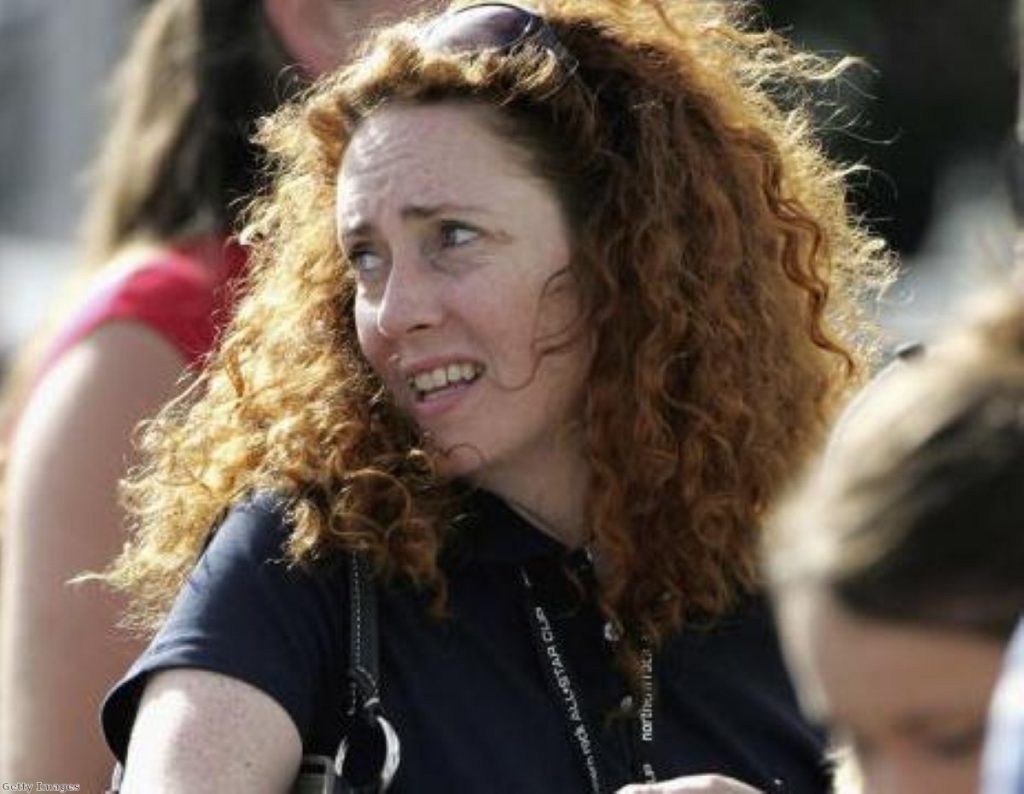Brooks solicitor doubts phone-hacking fair trial
By Alex Stevenson Follow @alex__stevenson
"Huge, dramatic and sensational" coverage of the Leveson inquiry could prevent ex-Sun editor Rebekah Brooks getting a fair trial, her solicitor has warned.
Stephen Parker used an article in the Telegraph newspaper to argue the probe into the culture, ethics and practice of the press were undermining the judicial process.
He pointed out the inquiry had none of the safeguards of a criminal trial and had left a "deep sense of unease".


The Leveson inquiry has been touching closely on issues relating to phone-hacking which it was supposed to have deferred until the Metropolitan police's criminal investigation was concluded.
But, as Mr Parkinson pointed out, Lord Justice Leveson had prioritised the establishment of a "narrative of events" which has seen many of the key phone-hacking details addressed.
"There are a number of individuals out there whose reputations have been traduced," he wrote.
"Few people know the impact of such publicity on their lives, and the depth of stress and worry they have had to bear.
"But each of us knows enough to question whether the public interest and the legal premise of 'innocent until proven guilty' have been served by what we have seen and heard."
Mr Parkinson argued that Ms Brooks being labelled "criminal-in-chief" and detailed updates on the phone-hacking investigation by its senior Met officer, deputy assistant commissioner Sue Akers, were creating the kind of publicity which "does not fade from the memory".
The attorney-general is currently considering whether reporting of the Leveson inquiry is in contempt of court.
End of the PCC
In a separate development, it was announced yesterday that the Press Complaints Commission is to close before the Leveson inquiry publishes its final report.
It will be transferred to a new body which its chairman, Lord Hunt, hopes will be able to establish a new form of self-regulation "with teeth" that does not require journalistic oversight on a statutory footing.
He wants newspapers and other media outlets to pay for the upkeep of the regulator and submit to its adjudications.
"The most important thing of all is to do something that will restore the public trust and confidence in the press," Lord Hunt told the Today programme.












